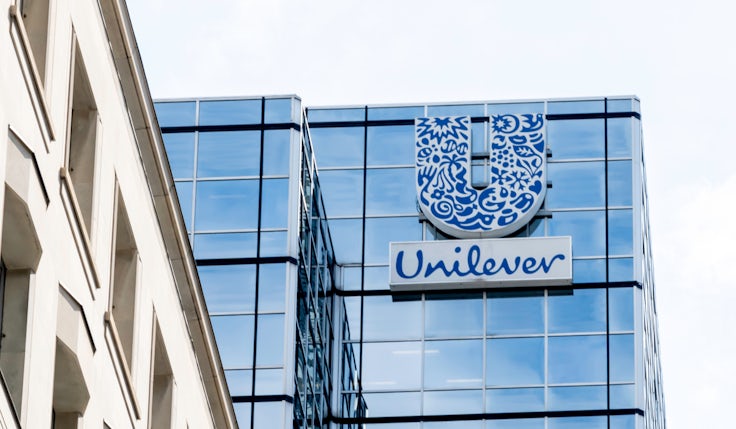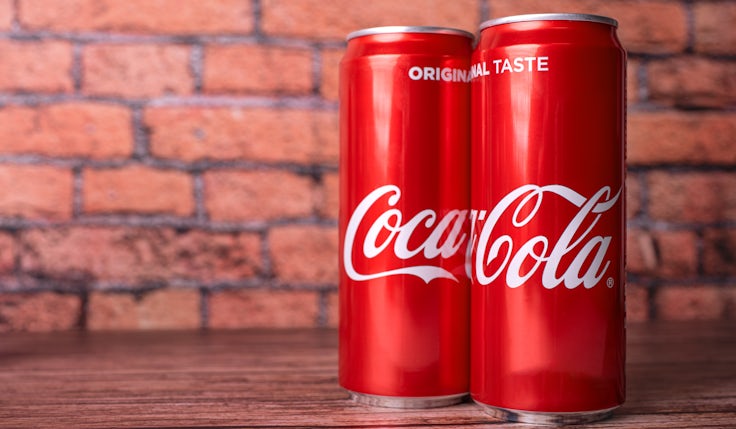Unilever hires former Heinz finance boss to replace Jope as CEO
Hein Schumacher says he is convinced of Unilever’s “growth potential” and promises to deliver a “step-up in business performance”.
 Unilever has named Hein Schumacher as its next CEO, replacing Alan Jope as he steps down amid a wave of investor criticism.
Unilever has named Hein Schumacher as its next CEO, replacing Alan Jope as he steps down amid a wave of investor criticism.
Schumacher is currently CEO of Dutch dairy business Royal FrieslandCampina, the world’s largest dairy co-operative with an annual turnover of €11bn (£9.7bn). He joined the business in 2014 as CFO before being promoted to the top job four years later, overseeing a 124.2% rise in net profit to €139m (£122.3m) over the first six months of 2022.
The former finance boss previously spent over a decade at H.J Heinz, before its acquisition by Kraft in 2015. He held a range of senior roles during this time at the company, including CFO of continental Europe, before spending his final four years in China turning around the Asia Pacific zone.
Schumacher started his career at Unilever in 1997 as a finance manager, before returning as a non-executive director in October last year. He takes over as CEO on 1 July, after a one-month handover period. Outgoing-CEO Jope steps down from the Unilever board on the same day.
The global search process to find a successor was “extensive”, the FMCG giant’s chairman Nils Andersen says. Branding Schumacher a “dynamic, values-driven” business leader with “an excellent track record” in the global consumer goods industry, Andersen says the business believes the new CEO can realise Unilever’s “full potential”.
Schumacher adds: “In my time serving on the board, I have only become more convinced by the strength of Unilever’s fundamentals and its clear growth potential. I will be very focused on working with the Unilever team to deliver a step-up in business performance.”Five challenges awaiting Alan Jope’s successor as Unilever CEO
Unilever first announced Jope’s plans to retire in September last year. A former marketer, Jope took over from previous CEO Paul Polman in January 2019.
The departing CEO has been at Unilever for more than 35 years, having joined the company in 1985 as a graduate marketing trainee. He was promoted to CEO from his role as president of beauty and commercial care, a position which he had held since 2014.
While Andersen praises Jope’s contribution to Unilever’s success, not all the changes that have taken place under his leadership have been universally welcomed. Investors have criticised the business for its focus on brand purpose, as well as its failed attempt to acquire GSK’s consumer healthcare division.
Last year, activist investor and founder of the Fundsmith Equity Fund Terry Smith branded Unilever’s focus on sustainability and brand purpose “ludicrous”, claiming the strategy led to the FMCG giant’s underwhelming performance in 2021. He renewed his attack this year, accusing the business of “virtue signalling”.
However, during an investor event last month the Unilever CEO reiterated the company’s belief that purpose-driven brands grow faster, claiming ‘high purpose’ brands delivered 6.1% of underlying sales growth in 2021, compared to just 0.2% contributed by ‘low purpose’ brands.
Meanwhile, Unilever saw turnover hit €15.8bn (£13.7bn) in the third quarter of its current fiscal year, an increase of 17.8%. Underlying sales growth accelerated to 10.6%, driven by price at 12.5%, while volumes declined 1.6%.
Both Unilever and rival FMCG giant Procter & Gamble will now have finance bosses at their helms, as P&G’s former CFO Jon Moeller was promoted to CEO in November 2021.





